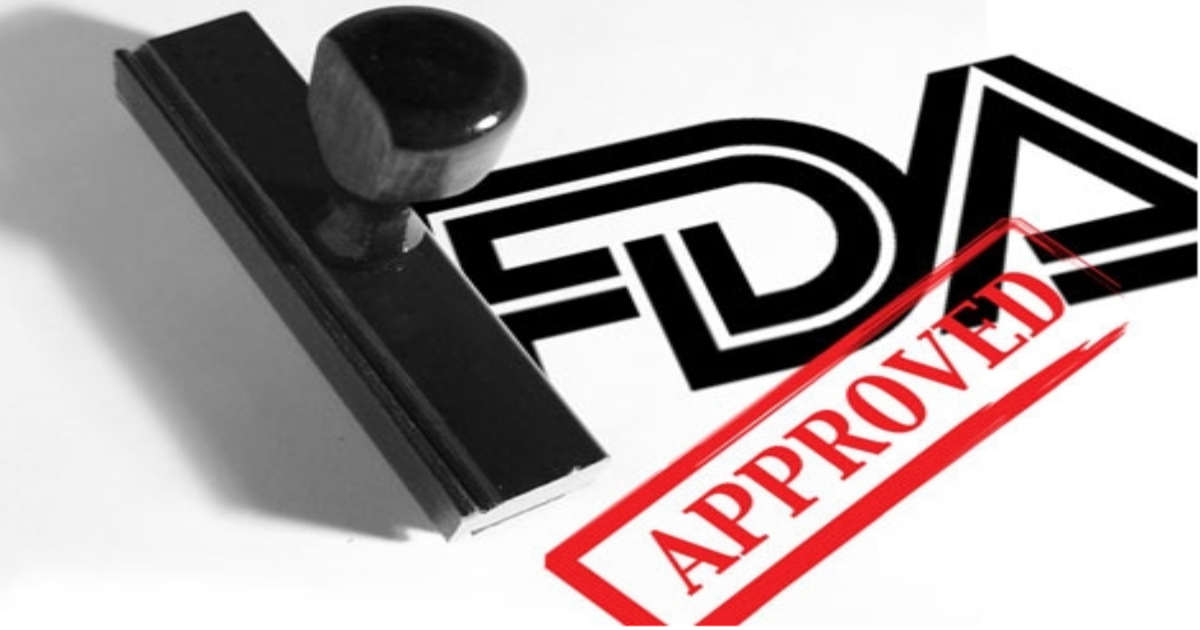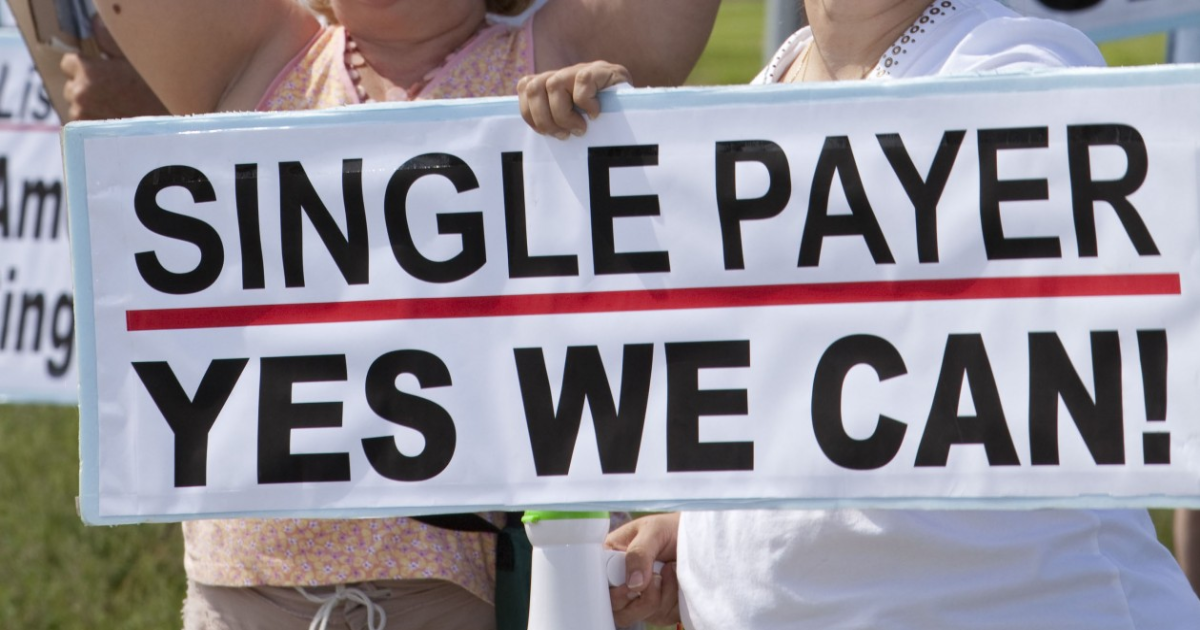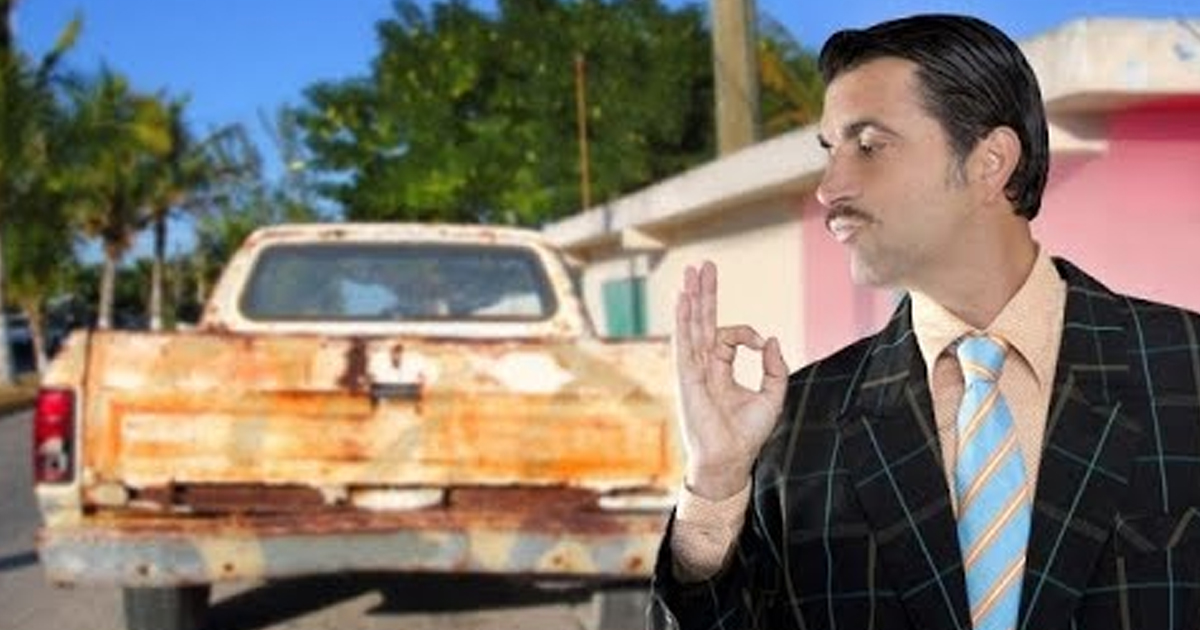This week’s sentencing of former CEO Stewart Parnell of Peanut Corporation of America (PCA) marks the first time since Bernie Madoff’s sentencing that a member of the 1% elite has been held accountable for a felony. In this case, the felony involves multiple deaths and injuries due to a defective product.
Stewart Parnell, his brother Michael, and former quality control manager Mary Wilkerson were convicted by a federal jury on 71 counts of conspiracy, obstruction of justice, and knowingly distributing tainted food products. The charges stem from an outbreak of salmonella in January of 2009. Within the space of four months, there were reports of 714 illnesses and 9 deaths across the nation. However, figures from the Centers for Disease Control indicate that the actual figure may be much higher, as many cases go unreported.
The salmonella outbreak was ultimately traced back to a PCA processing plant in Blakely, Georgia. Products affected included peanut butter, peanut paste and peanut meal used in dog biscuits. By April of 2009, there were over 3,900 products manufactured by more than 360 companies containing tainted peanut products from PCA.
The salmonella outbreak resulted in the largest food product recall in US history. The recall included emergency meals issued by the Federal Emergency Management Agency (FEMA) and thousands of pounds of products stocked by food banks at a time in which they were desperately needed.
How did this happen? In short: greed, shoddy management, and lack of oversight. When federal regulators finally investigated the source of the salmonella outbreak, they discovered an infestation of roaches and mice. Inspectors also found a leaking roof, resulting in standing water puddles, and the presence of bird droppings.
Another company facility in Plainview, Texas had never been licensed for food processing and had never been inspected until news of the salmonella outbreak had come out. In fact, the Dallas Morning News reported that Texas health officials hadn’t even known the processing plant existed. An inspection of the Plainview facility revealed appalling sanitary conditions. According to the report, inspectors discovered “dead rodents, rodent excrement and bird feathers” in the building. Not surprisingly, product samples tested positive for salmonella.
Conditions were no better at the Suffolk, Virginia plant. USA Today reported state inspectors found “mouse droppings in a warehouse, a live bird inside the plant and mold on totes holding peanuts.”
Electronic records also showed the company had knowingly shipped tainted products. Additional products had been shipped without having been tested – yet the shipments contained falsified lab records indicating that they were “safe.”
It should have come as no surprise. In February 2009, the US House Energy and Commerce Committee found that PCA had stopped employing the services of an outside laboratory when it issued reports of the presence of salmonella. The surprising aspect of the story is that employees and visitors to PCA facilities had been reporting dangerously unsanitary conditions for several years. Former employees described their workplace conditions in lurid detail to the Chicago Tribune, and said they would never purchase nor consume products containing PCA ingredients. David Brook, a buyer for a snack company, visited PCA three times during the 1980s. He told the Washington Post :
It was just filthy…dust was all over the beams, the braces of the building. The roofs leaked, the windows would be open, and birds would fly through the building…it was just a time bomb waiting to go off, and everybody in the peanut industry in Georgia, Virginia and Texas – they all knew.
In 1990, federal inspectors found high levels of a dangerous mold in peanut butter from one of PCA’s plants. The discovery resulted in lawsuits from customers, including the American Candy Company.
The warning signs had been there for the world to see for decades – yet little or nothing was done. PCA filed for bankruptcy under Chapter 7 in April of 2009.
The Parnell family’s story reads like a Horatio Alger novel. In 1977, the family took a struggling peanut roasting operation and eventually built it into a $30 million empire. However, this was done at the expense of consumer and employee safety. According to the Washington Post story, the family cut corners at every turn: hiring employees at minimum wage, maintaining very little in the way of a front office, and using the cheapest, lowest-quality peanuts available.
Parnell’s defense attorney, Edward Tolley, has been portraying his client as “the little guy in this case.” According to a report in Food Safety News, he had been asking federal Judge W. Louis Sands for leniency. Tolley argued that Parnell, now 56 and an insulin-dependent diabetic, has no prior criminal history and that his “non-violent offense” calls for a “reduced penalty.” Another member of the defense team, Ken Hodges, said that putting Parnell away for life was “absurd,” adding: “Stewart Parnell ate that peanut butter; he fed it to his children and fed it to his grandchildren. He never intended to harm anyone.”
On the other hand, USA Today quoted a North Carolina man, whose elderly mother died of salmonella poisoning after ingesting peanut butter from PCA:
We need to send a message to these food manufacturers…no one else should have to go through what we did, watching my mother die. I’m hoping to have closure. It’s been six years of utter hell.
That victim’s son, like others, has been urging the court to impose the maximum penalty. They didn’t get their wish, though they may as well have. At the sentencing hearing, held Monday, September 21st, Judge Sands reduced Parnell’s sentence from life to 28 years – and at his present age, it won’t make much of a difference. Although Parnell and his brothers have requested they be allowed to go free while pursuing appeals, both are being held as flight risks.
Whatever Stewart Parnell’s intentions might have been, the fact remains that, like so many corporate CEOs, his primary focus was to maximize profits by slashing operation costs to the bone. His choices compromised safety for consumers as well as employees. His merciless “bottom line” mentality not only killed nine natural human beings and sickened as many as 20,000, it also had negative repercussions for an entire industry, causing economic hardship for hundreds of thousands of workers and small business owners.
At the very least, actions such as Parnell’s constitute depraved indifference to human life and safety. They should be treated as such.
Watch Thom Hartmann’s take on the sentencing:



